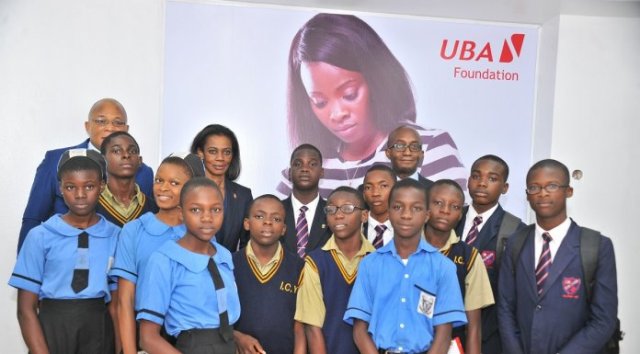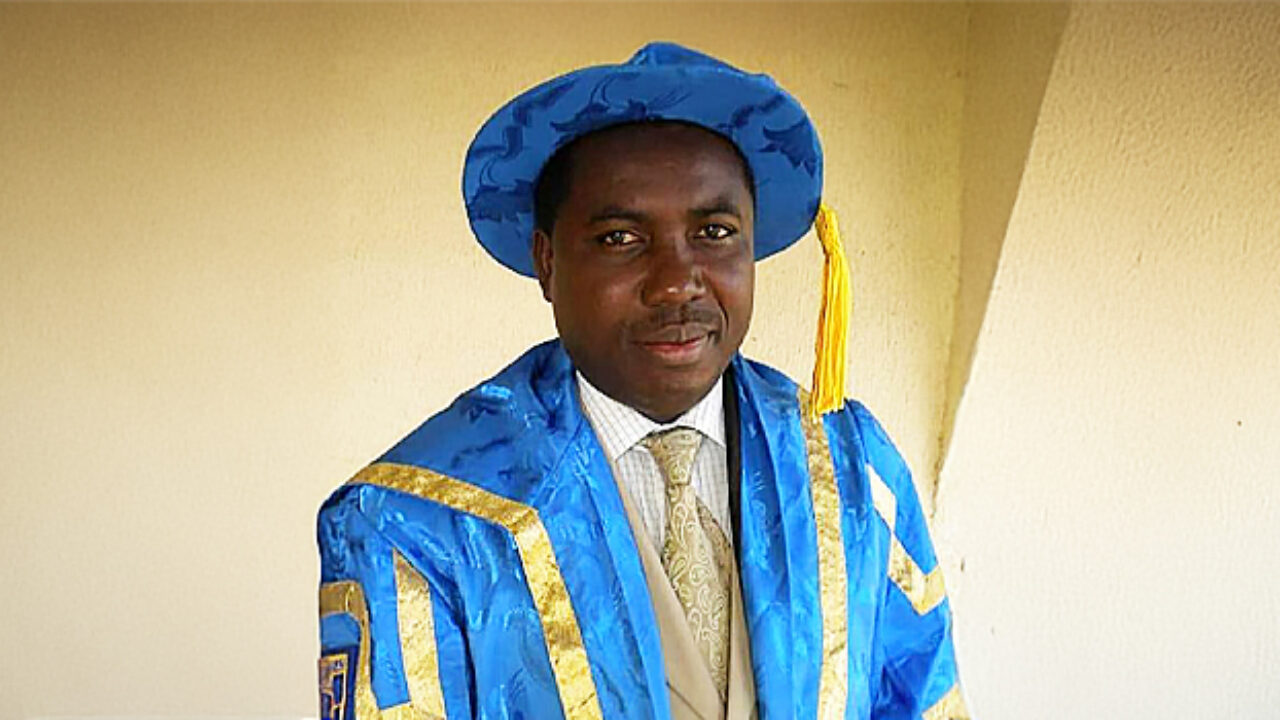In furtherance of its corporate social responsibility, the United Bank for Africa Foundation through its ‘Each one, teach one initiative’ trained primary and secondary school children on various vocational skills that would make them economically independent.
At the training session held at Onikan Youth Centre, Lagos recently, the children who were drawn mostly from the remote parts of the state were taught different vocational skills by the bank’s staff.
The children who were selected from both the regular and special schools were grouped into different groups and trained on several skills ranging from bead making, baking, to oil fermentation, social media marketing, savings skills, tailoring, basics of several international languages and others.
“We had children from special schools of those living with Down syndrome, orphanage homes, and regular schools primary and secondary schools from the most interior parts of Lagos all well represented at the programme , as staff took turns to take them through pieces of training in several vocations,” said the foundation’s chief executive officer, Mrs. Bola Atta.
She explained that the initiative was aimed at giving back to the communities adding that “this is happening in every one of our subsidiaries in Africa, as well across Nigeria.”
“It came about from interest shown by our staff to support what we do as an organisation in giving back to society. So with ‘Each One, Teach One’, every staff member on their own time would dedicate a little bit of time to teach at least one person their skill.
“Hence, if you are a good cook, you can go and teach the kids how to cook. Today, we have staff teaching the kids how to defend themselves when necessary with Taekwondo, staff who can sow are also here teaching them how to sow, we have those teaching them how to speak different languages, how to make beads, bake, and all kind of life skills,” she said.
Atta noted that impacting skills is different from donating money because the former involves time, personal interaction and teaching.
She said the skills acquired would fetch the children supplementary income in future when they are in school or in regular employment.
“These are skills that can serve as an alternative source of income for them and their families in future, even as they go to school and as they get other paid employment. So this is the day of giving back and it’s the best time of the year to do it, as it’s the season of giving.
“We gave a lot throughout the year, but for you to give in a very seamless way that’s the idea. This kind of giving comes from the heart. Unlike just donating money, sometimes you have to take your time, skills, and interact with these children, and you are teaching them something that would have a lot of impact on them, it’s more impactful. This is what it’s all about. So each person should teach at least one person. And I encourage people to do it on a regular basis.”
“Even the children here should learn to teach other children and pass knowledge. Simultaneous we are doing this in 20 African countries as we speak. And all over the states in Nigeria, we have some people in schools as we speak, in youth centres , orphanages, and those places they know people would need them. It’s just about giving back,” she said.
The children were grouped into different groups and trained on several skills ranging from bead making, baking, to oil fermentation, social media marketing, savings skills, tailoring, basics of several international languages and others.






















































